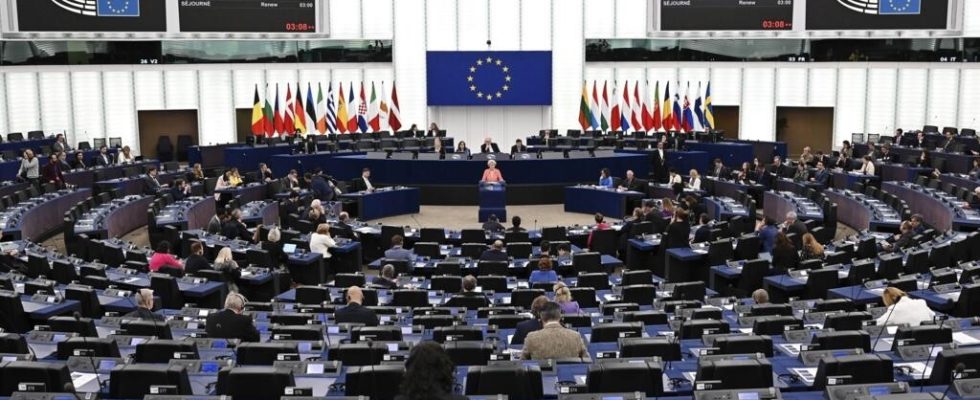A new distribution of seats has just been voted on in the Plenary Assembly this Wednesday midday by the European Parliament in Strasbourg. There will therefore be 81 elected officials instead of 79, at the end of the European elections scheduled for June 2024.
1 min
With its two additional seats, France appears to be one of the big winners of this new distribution. Spain and the Netherlands also get two new MEPs. In addition to these three countries, nine others obtain one more seat. Austria, Belgium, Denmark, Finland, Ireland, Latvia, Poland, Slovakia and Slovenia.
Fifteen new deputies in the European Parliament therefore, distributed between 12 countries, bringing the number of elected officials to 720 for the next legislature. Because before each European election, this distribution of seats is reviewed, in accordance with the principles set out in the treaties. The demographic developments of countries within the continent are taken into account according to a principle of “ regressive proportionality “. That is to say, large countries have more elected officials, but small countries are better represented than if it were a simple proportional calculation.
The distribution of seats is therefore the result of a clever mathematical calculation, quite obscure, and which then gives rise to sometimes difficult arbitrations because of the divergence of points of view and the need to obtain unanimity to reach an agreement. agreement. And since the departure of the British in February 2020, the number of seats had decreased. The European Parliament found itself with only 705 members instead of 751. This new distribution is therefore also one of the consequences of Brexit.
